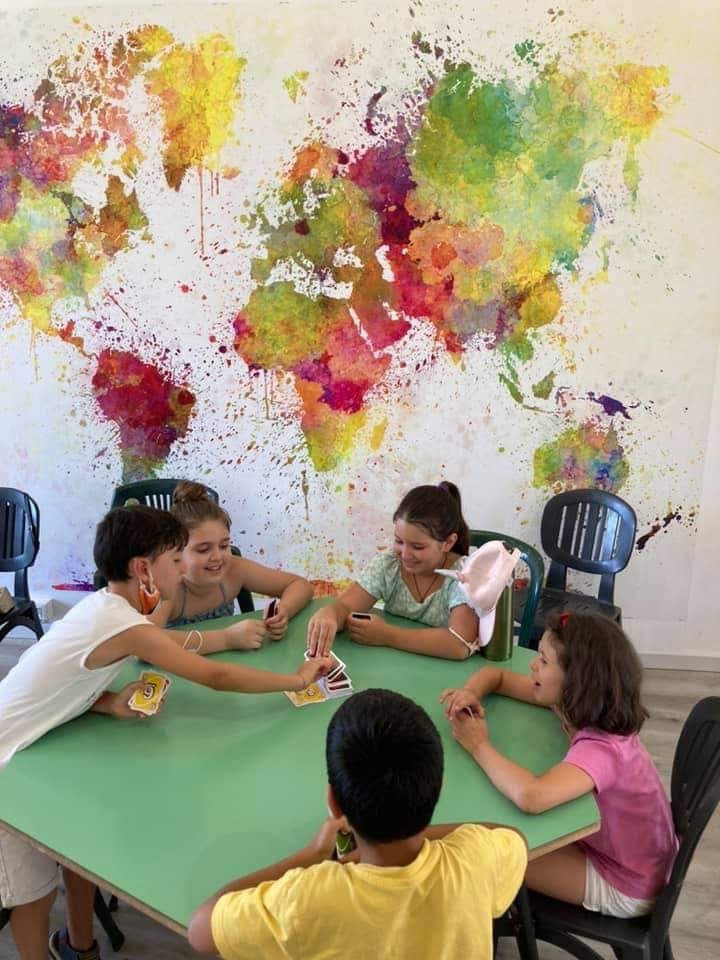Nolfa Ibañez, an academic at the Universidad Metropolitana de Ciencia de la Educación (UMCE), has just been awarded the National Education Prize (Chile) 2021 for her significant contribution to the knowledge and development of special education. From this area of education, she calls for the humanisation of education because teaching cannot be seen “in terms of production, but rather in terms of the development of people”.
The researcher and teacher is telling us that the criteria for measuring economic results that are currently applied to the educational process have displaced children and young people as a priority in education. Today it is much more important to fill out forms than to provide care for students. Many of us at Fundación Semilla have insisted that education is not a factory of automatons. We deal with people and the growth and development of socio-emotional skills must return to the centre of education.
As Gabriela Mistral rightly says, “Since children are not commodities, it is shameful to bargain for time in school. We are ordered to instruct by the hour, and always to educate. Then, we belong to the school whenever it needs us”. This means school as the school community and not as the bureaucracy imposed by public policy that burdens and overburdens education professionals with useless accountability and pressure to perform in standardised tests such as SIMCE, which distract and dehumanise the work of teachers.
Nolfa Ibañez also advocates “giving space to pedagogical knowledge, talent and the capacity for innovation”. To give teaching freedom in the classroom, allowing each teacher to develop his or her own methodologies and to cut content that, in the eagerness to achieve greater learning, produces poorer results. It is in this space that teaching begins to take on a sense of humanity.
The National Education Award 2021 states the importance of giving value to diversity and quotes Humberto Maturana: “learning is a process of transformation in coexistence”. Chile has always been a diverse country, but we have failed to enrich ourselves in diversity with an educational curriculum that seeks to homogenise children and young people in a restrictive, foreign identity, subject to cultural and ideological patterns that respond to the constituted powers and do not dialogue with reality.
The fact that the National Education Prize has distinguished Nolfa Ibañez is a great incentive for us at Fundación Semilla, who often feel alone, little understood and little supported. We know, and so does Professor Ibañez, that emotional health is a determining factor in learning. A good sense of community, a feeling of welcome and companionship, a gesture that says: I care about you, are decisive for good learning.
I write this opinion column in the hope that the National Education Prize 2021 is not just another bureaucratic event, but an opportunity to rethink education in order to make it a reality that children and young people are the priority of the education system.






